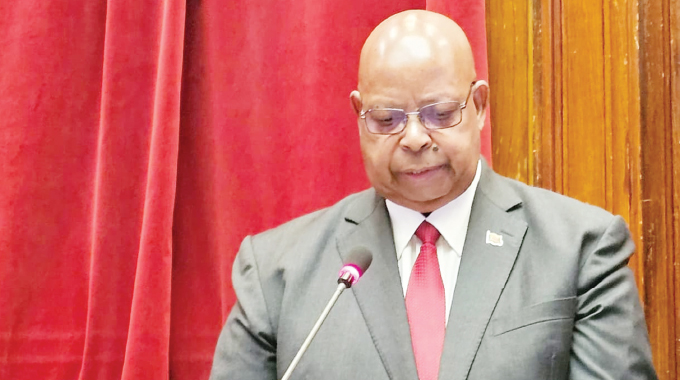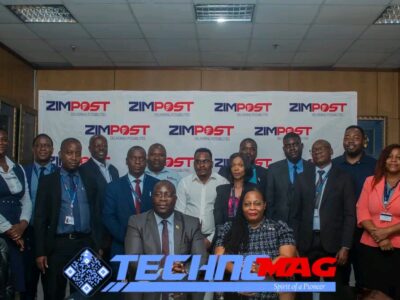The 2nd Inter-Parliamentary Union (IPU) Conference on Interfaith Dialogue concluded over the weekend with the unanimous adoption of the landmark “Rome Communiqué,” a seven-point global action plan aimed at building trust and hope through deeper engagement with religion and belief systems.
Among the key outcomes of the high-level gathering, held from June 19–21 at Palazzo Montecitorio in Rome, was a bold proposal to harness Artificial Intelligence (AI) as a transformative tool in interfaith dialogue. The idea was championed by Zimbabwe’s Speaker of Parliament, Advocate Jacob Mudenda, who called on parliamentarians to embrace emerging technologies while upholding ethical standards.
In a pivotal address during the General Debate, Adv Mudenda described the engagement with diverse faiths as a “hallowed responsibility,” emphasizing the need for ethical leadership, empathy, and openness. He warned that neglecting the complexity of religious beliefs could result in “ineffective legislation, weakened oversight, loss of public trust, and the stifling of parliamentarians’ representative role in matters of faith.”
Adv Mudenda advocated for AI to be applied in areas such as translation, personalized religious content, scriptural analysis, and predictive modelling of religious ecosystems. However, he was quick to issue a note of caution regarding the rapid integration of technology into such sensitive domains.
“Parliamentarians and religious leaders must bear a critical responsibility in shaping the ethical governance of AI lest we forget the pivotal anchor of the human factor,” he said.
Underscoring the moral dimension of public service, Adv Mudenda urged legislators to pursue trust and reconciliation, invoking the late Pope Francis’s call to become “Pilgrims of Hope.” He added, “May diplomacy be tireless in its commitment to seek . . . every opportunity to undertake negotiations aimed at a lasting peace.”
His message resonated across the international parliamentary community, contributing significantly to the consensus that led to the adoption of the Rome Communiqué—a document now seen as a guiding framework for future engagement between lawmakers and faith communities in an increasingly digital world.













Comments